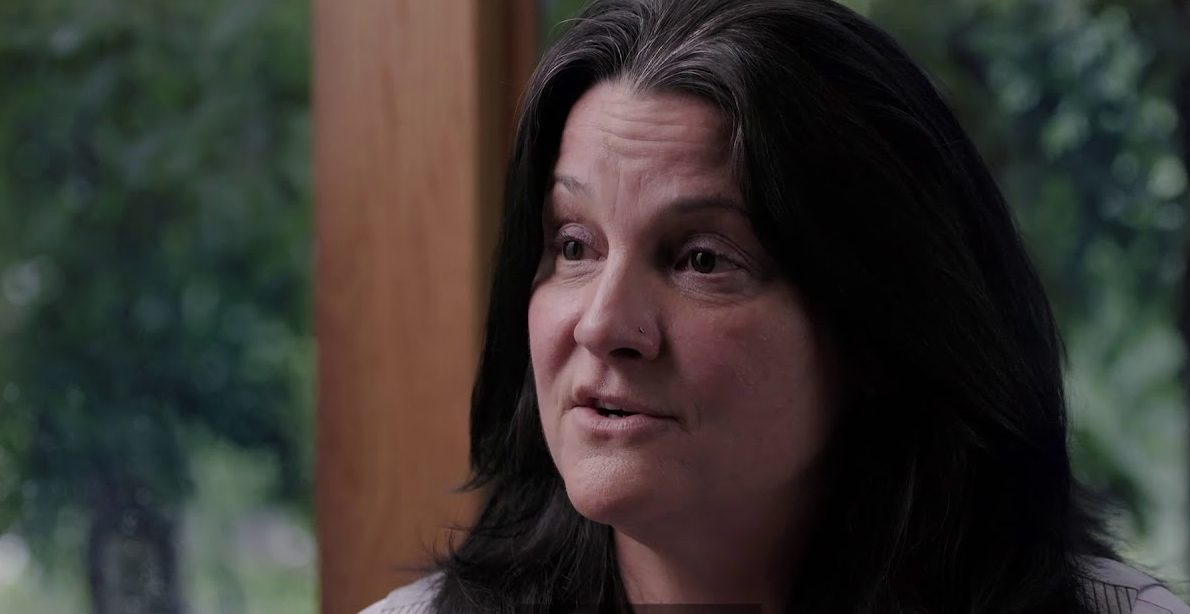First and foremost, there is always a gulf of difference between what is alleged and what is the honest-to-God truth. Ask Justice Kavanaugh.
Yet the details of the latest allegations against Delegate Dawn Adams leave more questions than answers, ones that pose a serious question as to how she will be able to run an effective campaign for re-election under such a cloud. Courthouse News has the scoop:
Following her hospitalization, Adams allegedly began pressuring Hains about her ability to return to work or the possibility of her leaving the job entirely. According to the complaint, while Hains was hospitalized and had no access to digital devices, the lawmaker asked Hains’ girlfriend for her personal Facebook account password to remove her as an administrator on Adams’ official Facebook page.
Administrators can remove other administrators on the social media platform, so Hains claims the request for a password stemmed from an “ulterior motive for obtaining Hains’ login.”
After leaving the hospital, Hains alleges she went to access her personal email account and found a number of suspicious activities, including failed attempts to log in to her Facebook page as well as logins into her personal email from an IP address she believes is linked to Adams.
Hains also claims Adams tried to access her bank account when she found her online account had been suspended due to suspicious activity.
Questions as to whether or not Adams might be on the hook for criminal liability as well as the $550,000 civil suit filed by her former assistant remain in question.
Meanwhile, cybersecurity watchdogs have been delving into the implications of the case in an era where social media accounts blur. Meanwhile, the Richmond Times-Dispatch emphasized the political nature of the dispute:
Adams accessed the accounts, the suit alleges, to “cover up” details of her aide’s work related to her medical business and “destroy information that could lead to more criticism from Adams’ political opponents.”
If true, one can only surmise that we have reached the beginning — and not the factual end — of a case where Adams might be in more hot water than even the lawsuit suggests.
This is not the first time Adams has found herself in hot water over allegations of “double dipping” by the Republican Party of Virginia. A 2001 Virginia Attorney General ruling found Adam’s dual role as a government employee and a member of the House of Delegates to be a violation of the Hatch Act.
If the details of the lawsuit are somehow connected to the concerns raised when Delegate Adams first entered the House of Delegates, then expect swift action by the House of Delegates itself in the form of an ethics complaint could be forthcoming.






